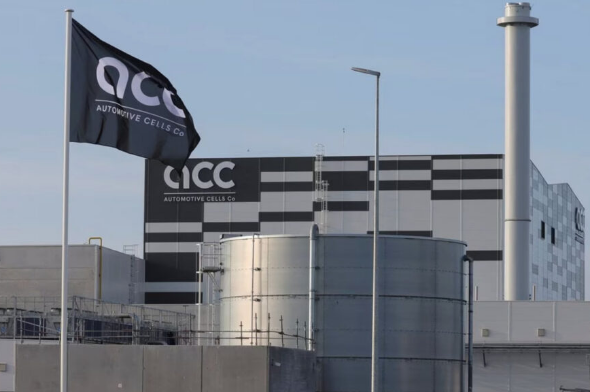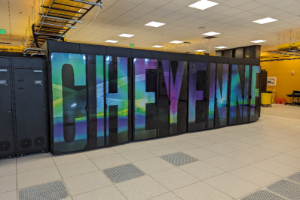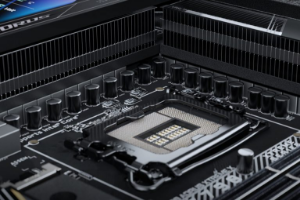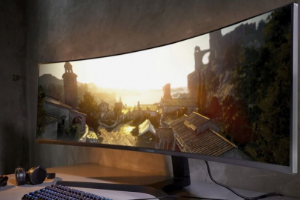Connection to DriversCloudCreate a DriversCloud.com accountReset your DriversCloud.com passwordAccount migration
Pas-de-Calais: France's first battery gigafactory inaugurated
A huge factory dedicated to batteries for the automotive sector, but one that could pave the way for other projects.
Unless the timetable changes again, it will no longer be possible - by 2035 - to market new combustion-powered vehicles throughout the European Union. Such a decision is not without consequences for us users, but also for manufacturers and companies. The latter must adapt quickly, as their current activity will no longer exist in a decade or so. In France, the public authorities have announced several large-scale projects to support this "transition", even if many questions remain.
In Douvrin, in the Pas-de-Calais region of France, what could be called the first stage of this French industrial renewal has just been inaugurated by Bruno Le Maire, the French Minister for the Economy. At his side were Carlos Tavares, CEO of Stellantis (PSA-Fiat), Ota Källenus, CEO of Mercedes-Benz and Patrick Pouyanné, CEO of TotalEnergies. Three big bosses who were obviously not there by chance. The three groups are indeed behind the ACC joint venture (for Automotiv Cells Company), which is at the head of this new plant whose dimensions are impressive to say the least: 644 metres long by 94 metres wide and a maximum height of 34 metres, while the total surface area of the site covers 34 hectares. The stated aim? Eventually, to produce 2.4 million battery modules a year to equip 250,000 vehicles, with a production capacity of 40 gigawatt-hours, compared with "just" 13 (GWh) at the outset.
ACC has paid a billion euros to build the Gigafactory, but the public authorities have invested the same amount of money, and this is perhaps where the problem lies. While Bruno Le Maire is delighted - "it's the first time since Airbus that we've created an industrial sector in France " - he is careful not to point out that, in order to meet a timetable that is more political than economic, he has been forced to import machines on a massive scale from China, or when French reindustrialization orders countless products that could perfectly well be manufactured in Europe... just not within the allotted time! This is not the only problem, however, and even investors are expecting to have a rough go of it: " We need to learn how to manufacture batteries in large volumes, and we're going to stumble, but it's an important step ", explained Carlos Tavares.
In the wake of the Douvrin site, ACC is due to bring out other plants in Germany and Italy, for a total production capacity of 120 GWh. In the same spirit, competitors such as France's Verkor and Taiwan's Prologium are due to open their own sites, again in the Hauts-de-France region. In each case, the focus is on the production of batteries for the automotive industry. Let's hope, of course, that this laudable reindustrialization effort will also be extended to the IT world, with the key issue of batteries for laptops and smartphones, but also and above all the vital issue of semiconductors, of which Europe is a major consumer but very little producer.






